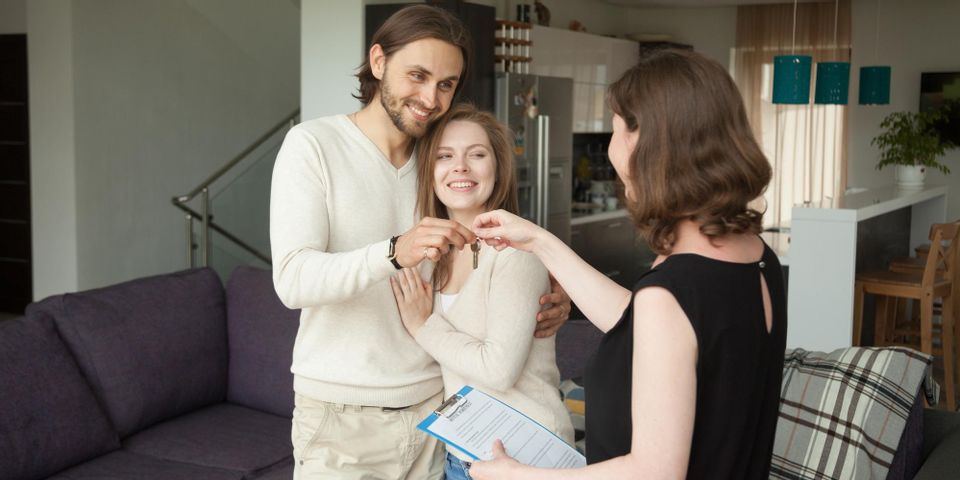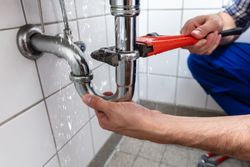
If you live in New York City, both the state and city have laws in place that protect tenants from landlords who neglect to uphold their responsibility to ensure that their property is safe and livable. If you become injured in your apartment because of your landlord’s negligence, your landlord is guilty of premises liability, and you can take appropriate legal actions. Here are other examples of landlord negligence you should know about.
3 Types of Landlord Negligence in New York
1. Failure to Keep Property Pest-Free
By law, New York City landlords are required to keep their properties free from pests and rodents. As soon as you report a sighting of these critters, your landlord should take steps to eradicate the problem. If you continue to see these pests in your apartment, your property owner may be found guilty of a Class C violation. Take note that owners of multiple dwellings are also required to inspect their units annually for indoor allergen hazards such as pests and mold. Failing to carry out proper pest control can result in premises liability on the part of the landlord.
2. Inadequate Security
Landlords are also required to protect their tenants from criminal harm by ensuring that adequate security measures are in place. Among these necessary security measures are a peephole and a lock on the building’s front door. According to the NYC Housing Maintenance Code, your unit’s door should also have a working heavy-duty latch set, deadbolt, and chain door guard if you are in a Class A multiple dwelling. If a criminal was able to get into your unit because of a broken or missing lock, you could recover damages from your landlord. You have to prove that they did not fix the lock even after receiving written notice from you.
3. Failure to Repair Utilities
Your landlord should  ensure that your unit is livable and that essential utilities are provided. Suitable living standards include proper plumbing, heating, and electric supply. In New York, “heating season” lasts from October 1 to May 31. Your landlord should heat your unit to at least 68 degrees in the morning, and at least 55 degrees at night. You have the right to stop paying rent if adverse living conditions persist despite a written notice from you. You may also try doing the repairs yourself; you can subtract the expenses from your rent. However, if you are responsible for the unclean or unlivable conditions in your apartment, your landlord has no premises liability.
ensure that your unit is livable and that essential utilities are provided. Suitable living standards include proper plumbing, heating, and electric supply. In New York, “heating season” lasts from October 1 to May 31. Your landlord should heat your unit to at least 68 degrees in the morning, and at least 55 degrees at night. You have the right to stop paying rent if adverse living conditions persist despite a written notice from you. You may also try doing the repairs yourself; you can subtract the expenses from your rent. However, if you are responsible for the unclean or unlivable conditions in your apartment, your landlord has no premises liability.
If you believe you have grounds to sue your landlord for negligence, let Stephen B. Kaufman, P.C. in the Bronx, NY, fight for the compensation you deserve. Attorney Kaufman and his team are experienced in cases involving premises liability claims, slips and falls, and other accident claims. They will work aggressively to help you make your case. Visit their website today or call (718) 822-0500 to schedule a consultation.
About the Business
Have a question? Ask the experts!
Send your question

